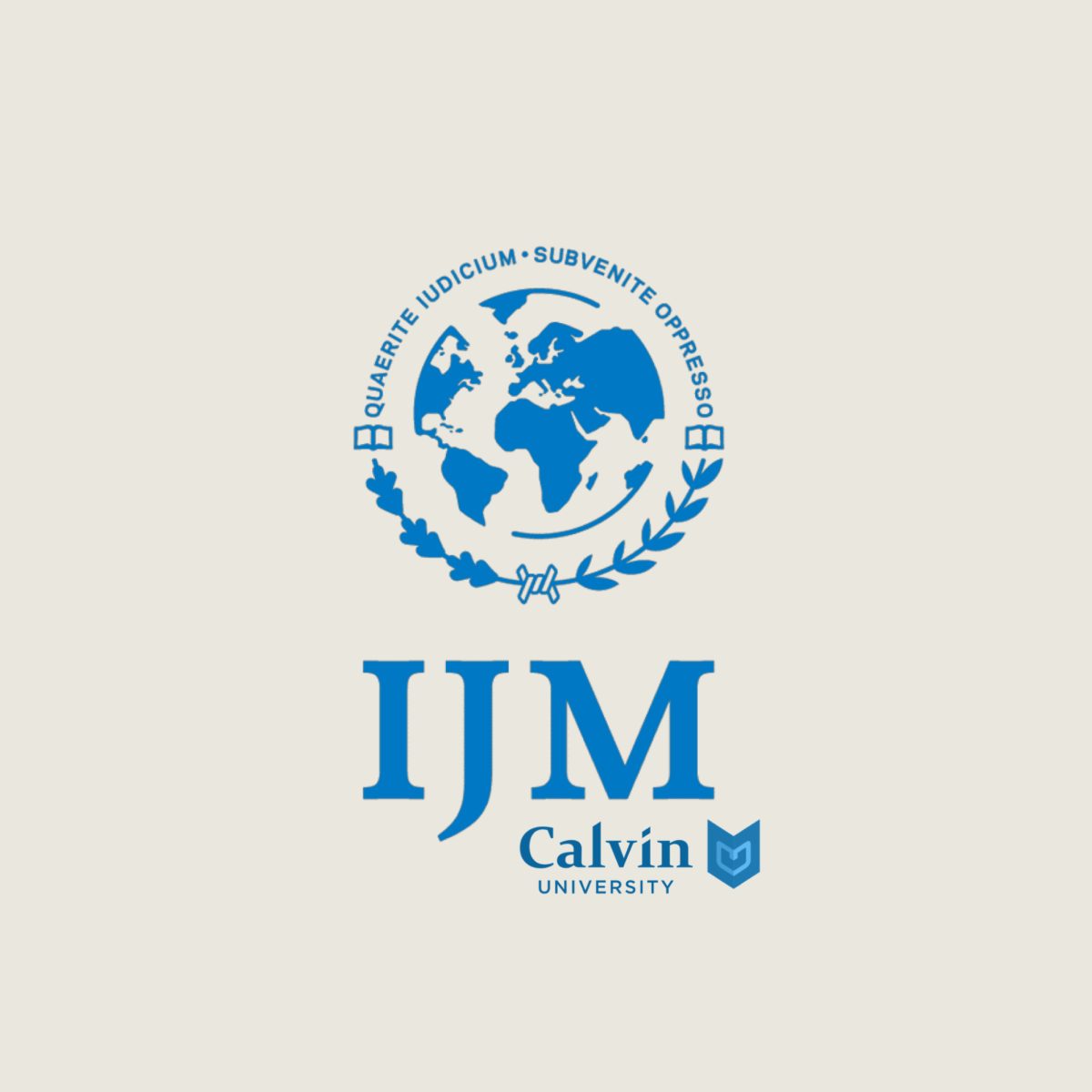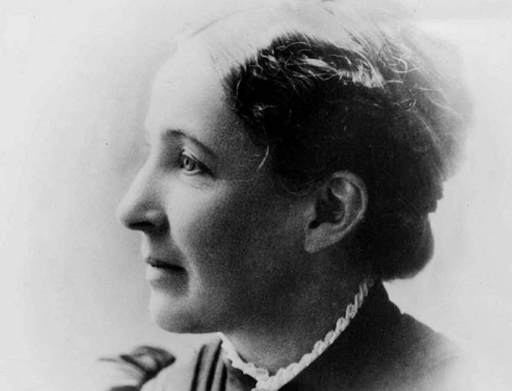On Saturday, Sept. 7, tens of thousands joined Pope Francis at a vigil service in St. Peter’s Square to pray and fast in response to the conflict surrounding Syria. In his homily during the five-hour service, the pope urged Christians to oppose the use of military weapons.
“Violence is not answered with violence, death is not answered with the language of death,” explained the pope. “How many conflicts, how many wars have mocked our history?”
Pope Francis expressed his dismay over the world’s past, present and possible future violence.
“Even today we raise our hand against our brother,” he said. “We let ourselves be guided by idols, by selfishness, by our own interests, and this attitude persists. We have perfected our weapons, our conscience has fallen asleep and we have sharpened our ideas to justify ourselves as if it were normal we continue to sow destruction, pain, death.”
On Thursday, Sept. 5, in an open letter to Russian President Vladimir Putin and other world leaders gathered in Russia for the G-20 summit, Pope Francis took a stance against “the futile pursuit of a military solution.” He asserted that reconciliation would only come through negotiation and discussion, urging for “a renewed commitment to seek, with courage and determination, a peaceful solution through dialogue and negotiation of the parties.”
This decision of whether or not to use military force against Syria was instigated by Syrian President Bashar Assad’s chemical attack outside Damascus on Aug. 21. Assad is a member of the Alawite sect of Islam, which is closely linked to Shiite Islam. The attack attempted to subdue a Sunni rebellion in the Syrian population.
The pope’s letter to Putin and precedence over the vigil marks his first major political action in a controversial world event since his inauguration in March. Characterized by his tenderness and approachability, his words from the papal throne could alter the public’s perspective on this previously passive pope.
The pope invited Catholics to fill St. Peter’s Square but hoped that Christians of any kind, as well as non-Christians, would attend the vigil in solidarity.
Francis’ actions are not unprecedented; rather, they are strikingly similar to Pope John Paul II’s call for peace in 2003, prior to the war in Iraq. In that instance, however, the pope went one step further, sending an envoy to then-President Bush.
Pope Francis has also been writing to his nearly three million followers on Twitter, saying, “War never again! Never again war!” Another tweet states that the pope denounces the use of chemical weapons with “utmost firmness.” Yet another tweet invites others to join him in prayer: “Dear young people, pray with me for peace in the world.”




